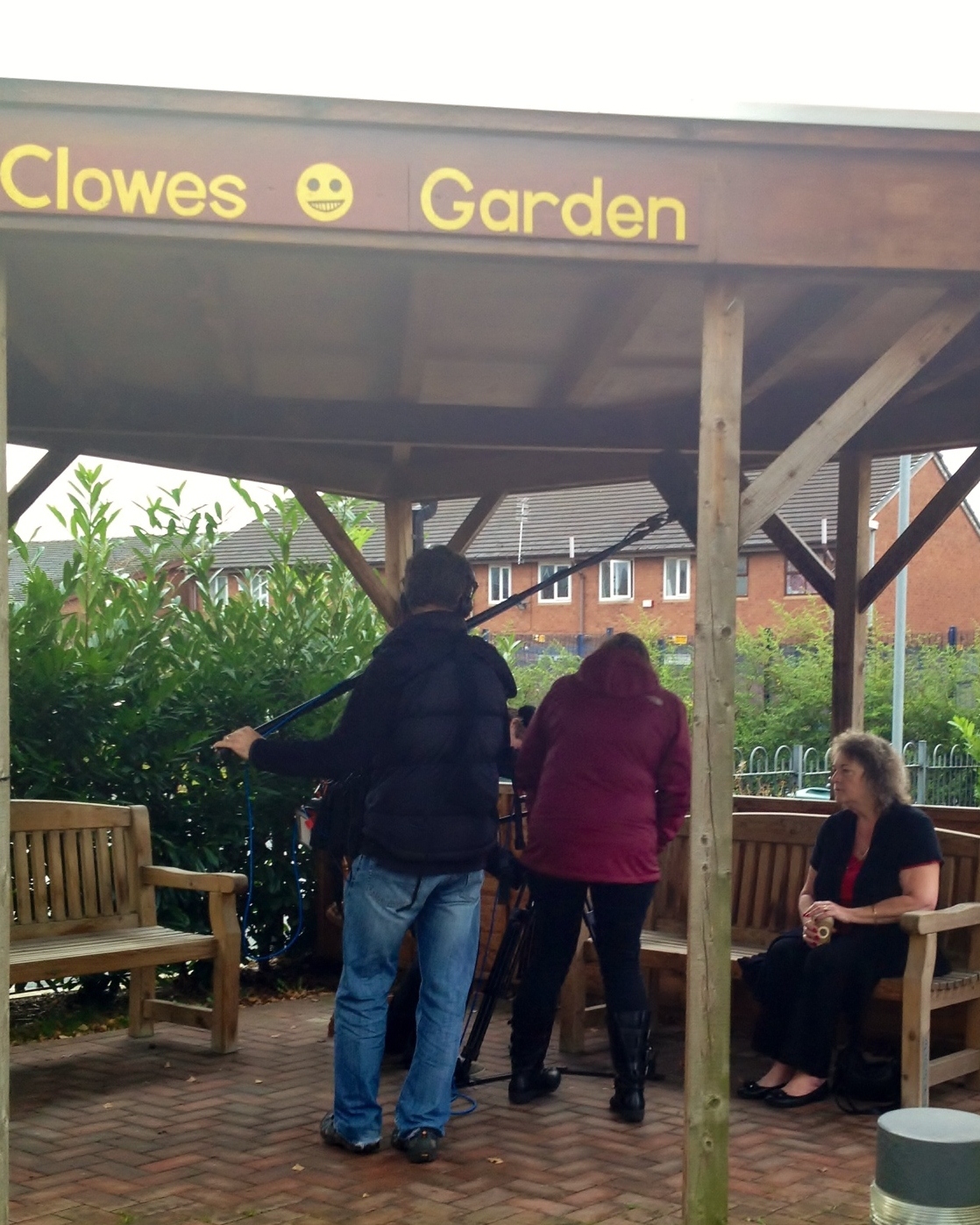Photographer Shirley Baker’s unusual slant on everyday life – Manchester Evening News.

 My PhD research explores culture and the construction of civic identity in South and West Yorkshire in the industrial and post-industrial ages. My project is being supervised by Dr Lisanne Gibson in the School of Museum Studies at the University of Leicester and is funded by the Arts and Humanities Research Council (AHRC) as part of the Understanding Everyday Participation – Articulating Cultural Value project.
My PhD research explores culture and the construction of civic identity in South and West Yorkshire in the industrial and post-industrial ages. My project is being supervised by Dr Lisanne Gibson in the School of Museum Studies at the University of Leicester and is funded by the Arts and Humanities Research Council (AHRC) as part of the Understanding Everyday Participation – Articulating Cultural Value project.
One of the key areas of focus for the Understanding Everyday Participation project is upon histories of cultural participation and governance. This work aims to increase understanding of how modern perceptions of cultural participation and value have developed. The research that I shall be undertaking in South and West Yorkshire will form a part of the historical strand of the wider Understanding Everyday Participation project.
As a kid, the murmur of the footie scores balanced the buzz of Saturday tea. The week’s only night of fast food was a feast: salt and vinegar crisps, sandwiched between 2 slices of thin white sliced. It felt a long awaited treat, hanging out with Dad watching Bullseye and other Saturday night schedule shockers. Given the lack of interest in sport in our house, it’s remained a mystery why the scores were ever on, but the monotonous tone reflected its content to an eight year old, and as a result I’ve inherited Dad’s indifference to Sport. That is, apart from the excitement we shared watching ‘the arrers’. The enthusiasm of players and supporters alike used to fill the lounge; and we embraced the Sport’s great personalities, cherishing old favourites and cheering young upstarts. As with most childish things, I left my diet of crisp sandwiches behind and my cultural consumption expanded beyond Bullseye on the box; but I held on to hopes of one day going to the Darts.
Susan is undertaking inter-disciplinary research into the politics of cultural practices, participation and well-being at the University of Manchester for a doctoral study linked to the AHRC Understanding Everyday Participation – Articulating Cultural Values project.
In December the Understanding Everyday Participation – Articulating Cultural Values project (UEP) was chosen by the AHRC to highlight its cross-Research Council, Connected Communities programme at a high profile Research Councils UK (RCUK) event in the House of Commons. Entitled Underpinning UK Growth and Well-Being, the purpose of this event was to raise awareness of the impact and benefits of publicly funded research with parliamentarians, peers and business.
 On 8th November, we were up in Higher Broughton, Salford, the first eco-system case study, on a film shoot with the Arts and Humanities Research Council. This film will be used to profile the Connected Communities research project on the AHRC website and also at a forthcoming all-party Parliamentary event. The shooting involved a number of local people representing different communities of interest in the area, including the local authority, youth service, community gardens and allotments and a sports club. Andy Miles provided the introduction to our research. Many thanks to all those involved in coordination and filming, in particular Shirley Lundstram, Salford City Council, and the staff at Fit City Broughton Pool and Broughton Hub library.
On 8th November, we were up in Higher Broughton, Salford, the first eco-system case study, on a film shoot with the Arts and Humanities Research Council. This film will be used to profile the Connected Communities research project on the AHRC website and also at a forthcoming all-party Parliamentary event. The shooting involved a number of local people representing different communities of interest in the area, including the local authority, youth service, community gardens and allotments and a sports club. Andy Miles provided the introduction to our research. Many thanks to all those involved in coordination and filming, in particular Shirley Lundstram, Salford City Council, and the staff at Fit City Broughton Pool and Broughton Hub library.
Understanding Everyday Participation – Articulating Cultural Value is a five year research project funded by the Arts Humanities Research Council, part of their Connected Communities: Cultures and Creative Economies programme.
The project is led by Dr. Andrew Miles, ESRC Centre for Research on Socio-Cultural Change, University of Manchester and involves an interdisciplinary team of researchers based at universities of Manchester, Leicester, Warwick and Exeter.
The research will undertake a major exploration of the relationship between participation and cultural value. It will bring together evidence from historical analyses, survey data and qualitative research to understand how people participate in culture in their everyday lives and the value they attach to that participation. Orthodox models of culture and the creative economy are based on a narrow definition of participation: one that captures engagement with traditional institutions such as museums and galleries but overlooks more informal activities such as community festivals and hobbies.
The project aims to paint a broader picture of how people make their lives through culture and in particular how communities are formed and connected through participation. Fieldwork research will be taking place in villages, towns and cities in England and Scotland, beginning with the case study sites of Broughton, East Salford and Cheetham, North Manchester, in Spring, 2012.
Welcome to the Understanding Everyday Participation blog – Culture, Participation, Policy. We aim to keep you posted through this resource with updates on the team’s activities across the various work packages of the research project and by disseminating relevant news and views from our partners and networks.